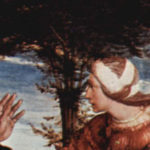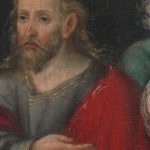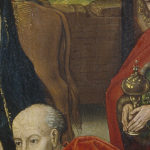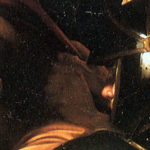
This is being written on Christmas Eve, 2014, and motivated by the variances in which Christmas is perceived and celebrated in America – and to even greater differentials in other nations. In some areas of the world, carried by different secular or religious contexts in cultures, the incarnation of Jesus Christ from God is not believed, or may be held as a pagan concept deemed untrue in religion and culture – to the point it may be made an illegal practice in legal systems – worthy of omission. The trail of unbelief can be perceived in any country, but is accented more in some areas than others. Personal faith toleration in English-speaking countries is high, and Christianity in its various… Read more






